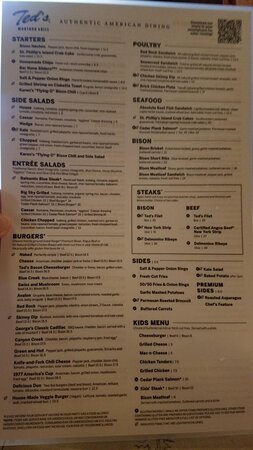From Calories to Protein: A Comprehensive Guide to Chicken Breast Nutrition
Chicken breast is a powerhouse of nutrition, making it a staple in many healthy diets. Low in fat and high in protein, it is an excellent choice for those looking to build muscle or maintain a healthy weight. A standard serving size of chicken breast is around 100 grams, offering a balance of essential nutrients…
Chicken breast is a powerhouse of nutrition, making it a staple in many healthy diets. Low in fat and high in protein, it is an excellent choice for those looking to build muscle or maintain a healthy weight. A standard serving size of chicken breast is around 100 grams, offering a balance of essential nutrients without the addition of unhealthy fats or carbohydrates. It’s also versatile in cooking, making it simple to incorporate into various meals.
Chicken breast is known for its high protein content, providing approximately 31 grams per 100 grams, which is essential for repairing and building tissues in the body. It also contains important vitamins and minerals, such as vitamin B6 and phosphorous, contributing to effective metabolic processes and bone health respectively. Additionally, the selenium found in chicken breast helps support the immune system and thyroid function.
The low-fat content in chicken breast makes it a preferred choice over red meats, as it helps in reducing overall cholesterol levels, contributing to improved heart health. With negligible carbohydrates and sugars, it is ideal for low-carb and keto diets. Overall, chicken breast is a versatile and nutrient-dense food that can be a valuable part of a balanced diet.
Nutrition Facts
Serving Size 100 g
Amount Per Serving
Calories
165
| Total Fat | 3.6 g | 5% |
| Saturated Fat | 1.0 g | 5% |
| Trans Fat | 0 g | 0% |
| Cholesterol | 85 mg | 28% |
| Sodium | 74 mg | 3% |
| Total Carbohydrate | 0 g | 0% |
| Dietary Fiber | 0 g | 0% |
| Total Sugars | 0 g | 0% |
| Protein | 31 g | 62% |
| Vitamin D | – | 0% |
| Calcium | 11 mg | 1% |
| Iron | 1 mg | 5% |
| Potassium | 256 mg | 7% |
* The % Daily Value (DV) tells you how much a nutrient in a serving of food contributes to a daily diet.
2,000 calories a day is used for general nutrition advice.
Nutrient Distribution
Calorie Burn Time
How long would it take to burn off total calories from 100g of chicken?
FAQs
Verdict
Chicken breast is a nutrient-dense food that supports overall health. Its high protein and low-fat content make it an ideal choice for building muscle and maintaining a healthy weight. As part of a balanced diet, it can contribute to improved heart health and sustained energy levels.






